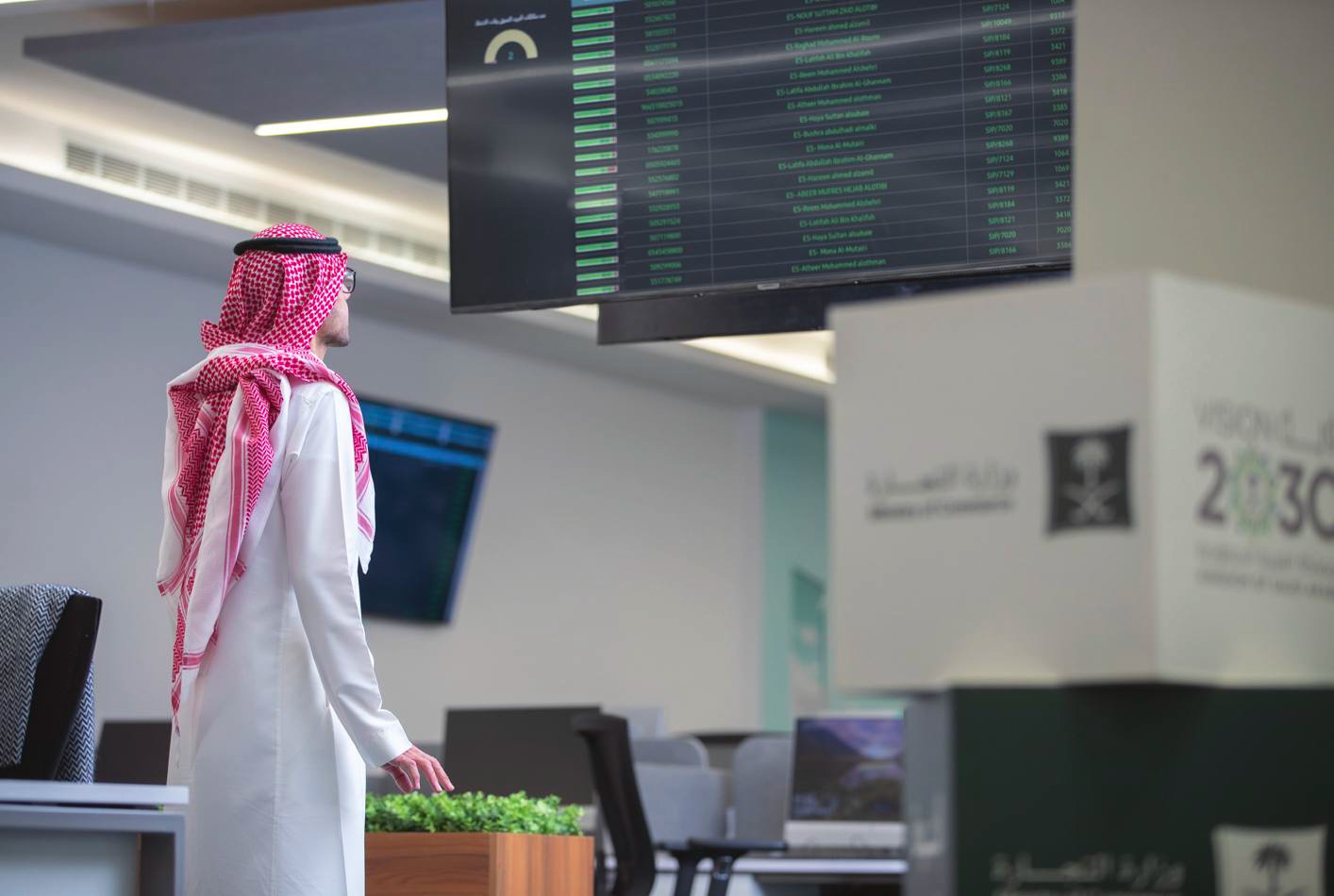A lawyer serves as an assistant to judges when performing their role as required by law. They aid judges in rendering justice more efficiently and with less effort, as they are more adept at presenting arguments and evidence than ordinary litigants, particularly given the complexities and diversities of transactions and legal systems. According to the Law of Advocacy issued by Royal Decree No. (M/38) dated 28/6/1423 H, and other related regulations, any individual in the Kingdom, whether a citizen or resident, natural or legal person, has the right to engage a lawyer in all civil, commercial, labor, administrative, personal status, and criminal cases before all judicial authorities in Saudi Arabia.
A lawyer is considered an expert in litigation, possessing eloquence and the ability to utilize arguments and evidence effectively. They are more capable of highlighting points of contention, scrutinizing evidence and inferences, engaging in discussions, and providing defenses, motions, and other necessary actions. It is narrated from the Prophet Muhammad (peace be upon him) that he said: “You come to me with your disputes, and perhaps some of you are more eloquent in presenting his argument than others. Thus, I may decide in favor of one based on what I hear. Whoever I grant a portion of his brother’s right, let him not take it, for I only cut for him a piece of fire.” This hadith describes the differing abilities of people before the judiciary, revealing that disparities in eloquence and opinion can disrupt the balance of justice. A person who possesses a fluent tongue and a strong, well-supported argument can turn falsehood into truth and vice versa. On the other hand, a weaker party may find themselves at a disadvantage against the eloquence and arguments of their opponent. However, if the weaker party enlists a knowledgeable lawyer, they can effectively refute the arguments and evidence presented by their opponent.
In cities across the Kingdom, there are law offices and firms that engage in advocacy, representing clients before judicial authorities, offering various legal and Sharia consultations, and preparing, drafting, and reviewing contracts. Only Saudi nationals are permitted to practice law and represent clients before judicial authorities. However, the Council of Ministers has approved an exception allowing lawyers from the Gulf Cooperation Council (GCC) countries to represent clients in Saudi courts, excluding representation in specialized criminal court cases. In court, advocacy is conducted through written submissions and oral arguments. All submissions and documents presented to courts must be in Arabic, in accordance with Article 23 of the Law of Judicial Procedures. Unlike in other countries, there is no specific attire for lawyers in the Kingdom; there is no distinction in appearance between lawyers, litigants, and opposing parties. The only requirement is that a lawyer must prove their status as a lawyer to those they represent.


